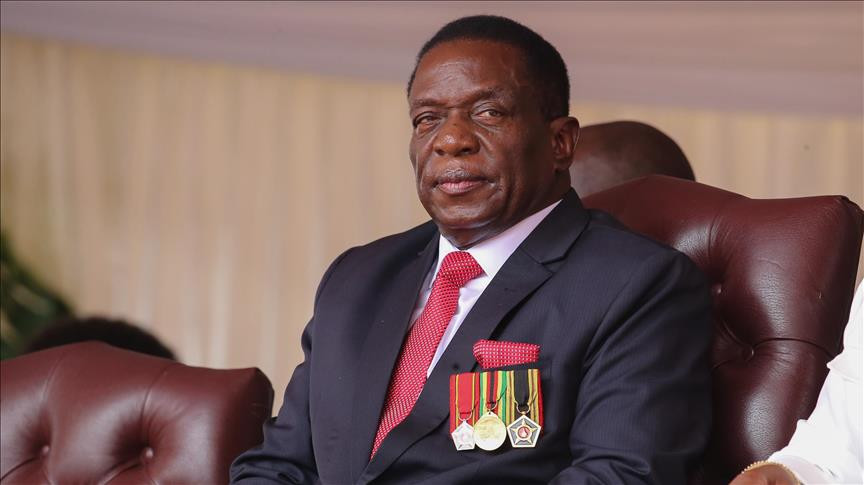
PRESIDENT Emmerson Mnangagwa’s administration appears determined to go ahead with its plans to enact the Cybersecurity and Data Protection Bill despite inherent defects with the proposed legislation.
For one, the Bill entrenches surveillance and compromises privacy, which affects a lot of people, no less journalists.
At a time when the government is preaching the anti-corruption message, passage of this Bill would actually do more harm to the transparency drive, as this law would have the effect of obstructing the role of civil society and the media in the fight against graft.
One of the issues with the Bill is that it has the effect of criminalising the spread of false information online, which is punishable with a jail term of up to five years, or a fine, or both.
Precedence has shown that criminalising falsehoods has the effect on infringing on freedom of the Press and of expression.
Our courts have actually ruled that criminalising the publishing of falsehoods is unconstitutional and it beggars belief why the government wants to introduce such regulations through the backdoor.
There are other vague clauses like criminalising the incitement of violence.
Recent history has shown us that the government uses such clauses to persecute its critics, with the cases of journalists Hopewell Chin’ono and Mduduzi Mathuthu being an example of that approach.
- Chamisa under fire over US$120K donation
- Mavhunga puts DeMbare into Chibuku quarterfinals
- Pension funds bet on Cabora Bassa oilfields
- Councils defy govt fire tender directive
Keep Reading
During public hearings and in Parliament, the Bill received adverse comments, but the government seems impervious to these and is hell-bent on proceeding with a law that takes Zimbabwe into the Dark Ages in terms of surveillance of citizens.
We are not just raising alarm on this Bill for the sake of it, but as previous commentary has shown, this proposed legislation falls far short of regional and international standards and instruments on human rights such as the African Union Convention on Cyber Security and Personal Data Protection (Malabo Convention, which sets the standards for cybersecurity and personal data protection laws as well as capacity building, knowledge exchanges and experience sharing among signatories).
However, one may argue that the law strengthens data protection, consolidates cyber-related offences and promotes a technology-driven business environment.
But the bad far outweighs the good and there is need to re-think this law, even at this 11th hour.
One approach would be to unbundle the Bill and have one law that looks at data protection and another at cybersecurity so that the good in the proposed new law is not thrown out with the bad.
We urge the government, in the name of democracy, not to proceed with this law. It is bad and has a chilling effect on freedom of expression.
What Zimbabwe needs now is not more surveillance, but more freedoms.











